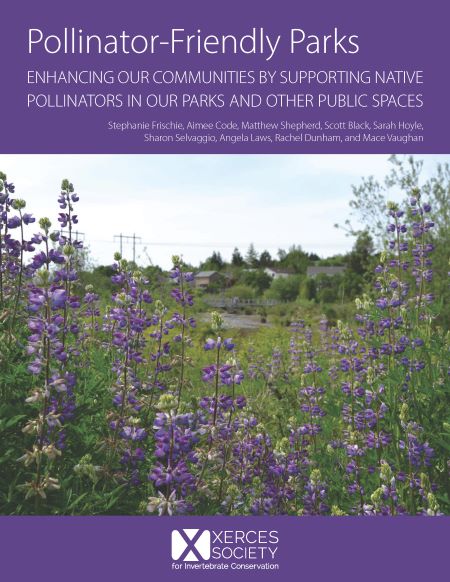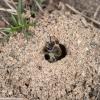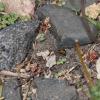We empower companies to lead on pollinator conservation. Since 2008 we’ve helped develop more than 50,000-acres of bee and butterfly habitat projects with private-sector companies and public corporations such as General Mills, Aveda, Whole Foods Market, Danone, Nestle, Organic Valley Cooperative, Portland International Airport, and others.
Core to our mission, we empower sustainable sourcing projects within the organic and natural foods industries -- especially on the development of pollinator habitat on supplier farms. In addition, we collaborate with the transportation and renewable energy sectors, with real estate and property management companies, and with businesses and manufacturers to integrate natural landscaping around facilities, landholdings, and in rights of way.
Our support includes:
- Project scoping to evaluate opportunities for engaging in pollinator conservation across supply chains, facilities, and through consumer education and activation
- Design and project management of habitat features ranging from corporate campus gardens to functional native plant ecosystems integrated into solar energy farms, reclamation sites, and every type of terrestrial farming system
- Guidance on long-term land management and stewardship to sustain and maximize biodiversity
Additionally, our Bee Better Certified program is the leading global standard for pollinator conservation accreditation among farms and food companies. The Bee Better Certified seal can be found in leading retailers such as Costco and Walmart on products as diverse as ice cream, wine, fresh produce, almond milk, and more.
To learn more about our work, please see our prospectus:
Food Brands and Manufacturers
Your suppliers and the ingredients or raw materials they produce provide an incredible opportunity to help incentivize pollinator conservation at a large scale. We work with leading brands to help them collaboratively work with suppliers to restore habitat such as flowering hedgerows or wildflower field borders on farms and processing facilities. For inquiries about how Xerces can support your company’s pollinator conservation goals, please contact Eric Lee-Mäder or Denise Ledgerwood.
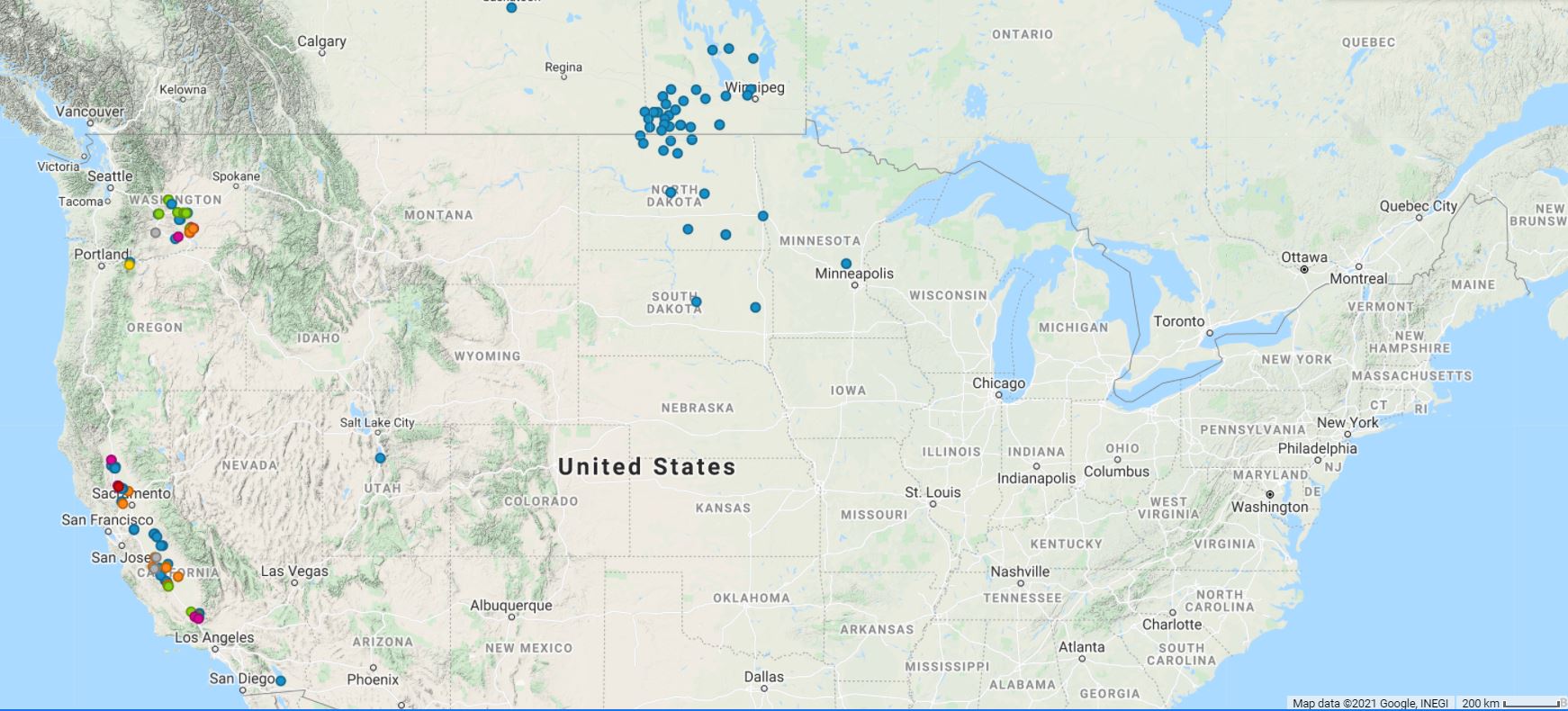
Map of completed and in progress private sector on-farm habtiat restoration projects.
We work within the largest-scale farms in North America, partnering with major brands to incorporate pollinator conservation into their supply chains. As is illustrated in the map above, many of our current projects are focused in the agriculturally dense regions of the west coast and the northern plains stretching into Canada, while also supporting farm projects in Mexico, South America, and beyond. Pollinator conservation can be integrated into any cropping system, from row crops to large scale orchards, meeting the needs of farm-specific operation and matching the ecology of the region.
.JPG)
.JPG)
Consumer interest in products and ingredients sourced from farms integrating pollinator conservation continues to grow (Hoshide et al 2018; Wollaeger et al 2015). To help meet this growing demand, Xerces works hand-in-hand with growers to prepare, design, and install habitat plantings, and to effectively understand long-term habitat management. In addition to supporting pollinators and beneficial insects, these projects provide a suite of ecosystem services including climate resilience, carbon sequestration, soil health, and water quality benefits.
We are the conservation leaders on habitat corridor development in working lands. Xerces Habitat Specialists have designed and installed over 1 million acres of habitat on farms in the United States in the form of hedgerows, native plant field borders, and flowering cover crops -- including the installation of contiguous hedgerow systems more than six-miles in length.
Qualifying producers may receive financial and technical assistance directly from Xerces Pollinator Habitat Specialists through current private-sector funding opportunities.
Current Funding Opportunity - General Mills Supply Chain
Through a partnership with General Mills, partner growers and processors have a unique opportunity to get expert technical support for habitat restoration projects. Under this program, all of the consultation time, habitat plants, and materials are provided at no cost to the grower. Download the flyers below to learn more:
Technical Guidance and Cost Share for Pollinator Habitat
Not sure if you are a grower who qualifies? Email Anna Murray, Xerces Pollinator Habitat Specialist at [email protected]
.JPG)
© M.Kunz
.JPG)
Our Supply Chain Specialists are available for contract work, consultations, and technical assistance. To discuss which options best match your conservation goals, please contact our Pollinator Program Co-Director, Eric Lee-Mäder at [email protected].
Bee Better Certified
Launched by the Xerces Society in 2017, Bee Better Certified™ is the first pollinator-focused farm and food eco-label. Backed by a robust set of habitat and pesticide risk reduction criteria, Bee Better Certified is independently verified by a third-party certifying agency.
As top U.S. retailers are called upon to address their supply-chain impacts on biodiversity, Bee Better Certified is a clear solution. In 2021 Walmart announced a Pollinator Health Strategy that includes Bee Better Certified among a select list of third party-verified certification programs that must be adopted by their produce suppliers by 2025.
Adding to the growth of the program in 2021, SilkⓇ announced its ambition to have 100% of the acreage supporting the Silk almond supply applying Bee Better practices by 2025.
Xerces Consultation Services are available to farmers and companies interested in Bee Better Certified, the first and only third-party verified pollinator-focused farm and food eco-label.
To learn more about getting certified, visit our website or email us at [email protected]
%20-01%20(45).jpg)
© Emily Balius
%20Rainier%20Fruit%20(2).jpg)
© Rainier Fruit Company

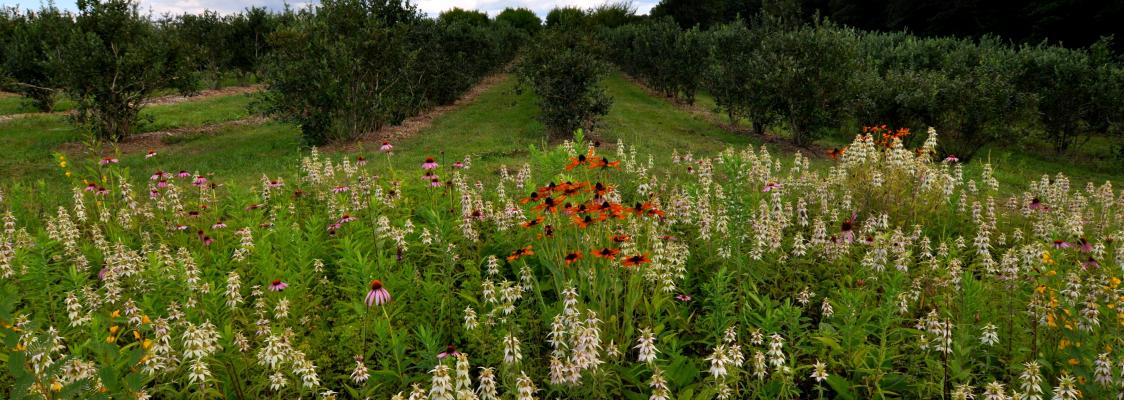
.JPG)
.JPG)
.JPG)
.jpg)




